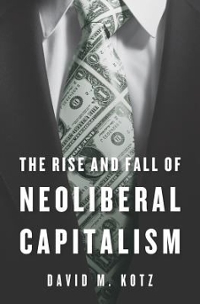Question
Instruction: Read and answer the following questions. Economy is one of the most insidious subject of sciences, and subject to hot debates in almost all
Instruction: Read and answer the following questions.
Economy is one of the most insidious subject of sciences, and subject to hot debates in almost all areas of life. As a basic, it is imperative to understand the nature of man and needs. One may classify three levels of need: primary, secondary, and tertiary needs. These classifications can then lead to a broader perspective as to its relation to governmental policies, e.g. the relation between the ability of a society to fulfil which level of need and concluding level of welfare level of that society. Another basic knowledge is the relations between "supply", "demand", "price", and "elastic/inelastic goods". The aforementioned terms are highly essential to understand what happens in a market (not the market you visit to buy meat and vegetablesbut the economic activities occurring in the society). Bringing the perspective to the policy-making perspectives, it is essential to understand the difference between a macro-level economy policy approach (trickle down/top-bottom) and micro-level economy approach (bottom-top), and how both approaches are interlinked and used in combination or alternative. There are three distinct ideologies of economic policy which would result in different policy system and purpose. Two among them would be the classic debate between the socialists and liberals. The socialists (one might want to look up its difference with "communism") believe in government intervention to stabilize the market and achieve social welfare, resulting in policies such as subsidies. Such ideology is as opposed to capitalist belief, where market stability and social welfare is achieved without government intervention, resulting in policies such as free trade and privatization. Although of course, practice shows that the two ideologies are indeed combined to certain proportions. The third ideology of economic policy is very unique: sharia economics (also pronounced as syariah). Based on fiqh of Islamic sharia laws, the Muslims constructed a different understanding in carrying out economic policies. For example, they have their own ways of banking, for instance, which is said to be among the reasons why countries using sharia economics were not affected by the financial crisis in 1997 and 2008. Understanding sharia economics is really good for alternate approaches to economic debates. Debates will revolve around arguing which kind of approach will achieve social welfare and/or poverty eradication better, be it in national policy levels or international relations to topics such as the WTO and free trade. Most of which will relate to other issues such as the environment. Questions: 1. Provide five (5) real life examples to illustrate these concepts and principles and explain. 2. Explain the three ideologies and their difference.
Attached the references you will use.
Step by Step Solution
There are 3 Steps involved in it
Step: 1

Get Instant Access to Expert-Tailored Solutions
See step-by-step solutions with expert insights and AI powered tools for academic success
Step: 2

Step: 3

Ace Your Homework with AI
Get the answers you need in no time with our AI-driven, step-by-step assistance
Get Started


